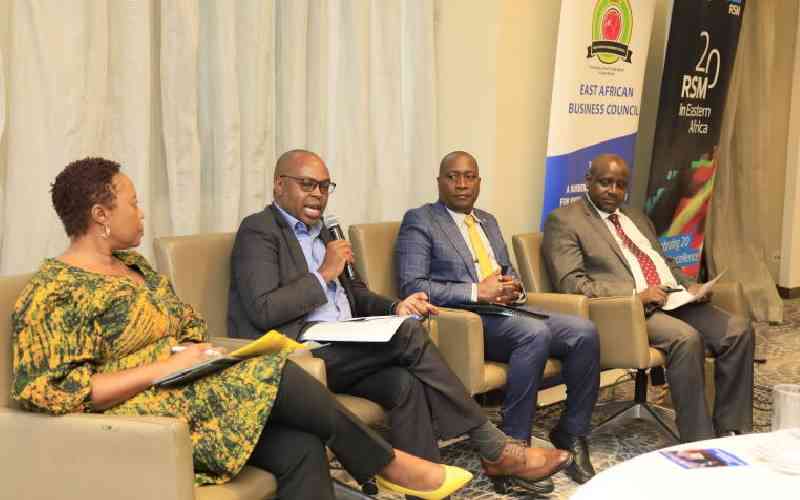×
The Standard e-Paper
Fearless, Trusted News

The regional private sector has noted with concern the slow integration of the East African Community (EAC), which has now informed a renewed intent to re-strategise their lobbying efforts.
The services sector will now be prime owing to some of the bottlenecks businesses in the region have faced when trading in goods.